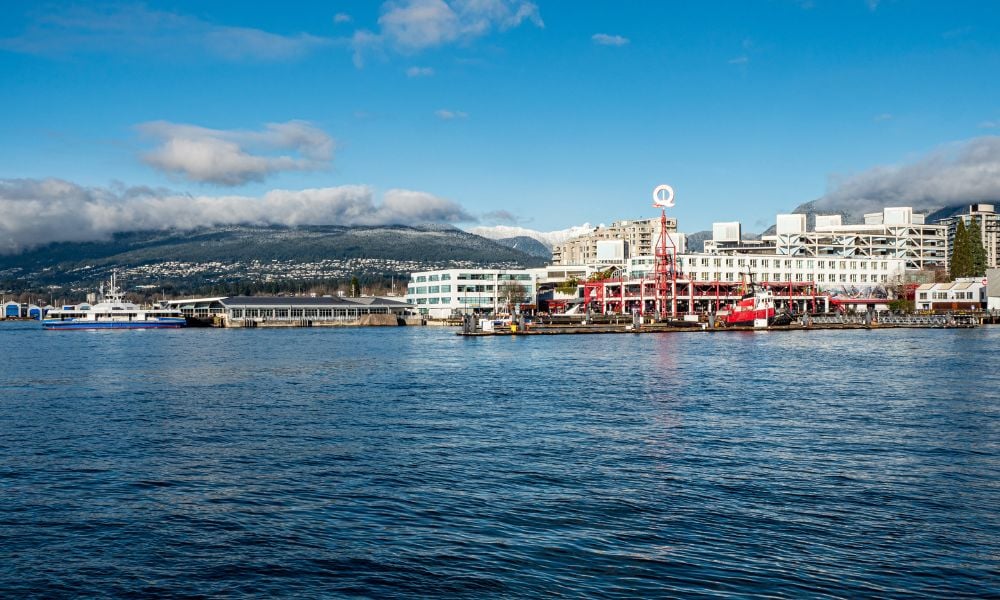
Despite development, 'comprehensive offer remains open until withdrawn,' says BCMEA

A large-scale labour dispute has disrupted operations at Canada’s West Coast ports, with ILWU Local 514 initiating an industry-wide strike as of November 4.
The British Columbia Maritime Employers Association (BCMEA) responded swiftly, confirming plans for a lockout later in the day as tensions over a new agreement continue.
The strike marks a new escalation in a nearly two-year negotiation process between the association and the union, which represents 730 forepersons across West Coast ports.
The BCMEA has cited ongoing issues with Local 514 leadership’s approach to bargaining, alleging that union leaders have engaged in bad-faith negotiations three times over recent months, including an attempt at an illegal strike in July 2024.
The lockout applies to all terminals with the exception of grain and cruise operations.
Despite ILWU Local 514’s regrettable decision to destabilize Canada’s supply chain, the BCMEA’s comprehensive offer remains open until withdrawn,” said the association.
However, the union claimed that the group had “completely overreacted” when ILWU said that it would engage “in limited job action only, with an overtime ban and a refusal to implement tech change” starting on Monday.
“ILWU 514 members are extremely angry that not only has the BCMEA continuously refused to bargain on the major issues, including manning, but are now threatening to close the entire waterfront with a full-scale lockout in their attempt to force the federal government to intervene in the dispute,” said Frank Morena, ILWU Local 514 president.
BCMEA, representing terminal operators across the West Coast, has been engaged in ongoing negotiations with Local 514 to secure a balanced agreement for the forepersons. BCMEA says its final offer aims to bring parity with the terms agreed upon by the ILWU Longshore division in 2023, following a similar dispute.
The association maintains that its latest offer aligns with forepersons' needs and that the bargaining process has been hampered by union leadership’s unwillingness to compromise.
The final offer includes significant compensation improvements and retirement benefits without demanding concessions from the union:
“We sincerely believe that this final offer best serves the 730 forepersons and their families while ensuring West Coast ports are resilient and affordable for all Canadians,” the BCMEA stated.
BCMEA warned that if the current offer is rejected, future proposals would come with adjusted terms, including wage increases reduced to 2% for the third and fourth years, and the removal of the signing bonus.
Last week, the Canada Industrial Relations Board (CIRB) issued a decision on the complaints from both the International Longshore and Warehouse Union Local 514 and the BC Maritime Employers Association alleging the other of bargaining in bad faith. The two sides then returned to the bargaining table.
The BCMEA’s move comes after the union began a strike action at B.C. ports.
The BCMEA, however, said that “strike activity can easily escalate, including a complete withdrawal of labour without notice”.
A 13-day strike last year disrupted more than $6 billion in trade at Vancouver and Port Rupert, according to a Reuters report.
Just a couple of months ago, the railway strike by workers represented by the Teamsters Canada Rail Conference (TCRC) at Canadian National Railway (CN) and Canadian Pacific Kansas City (CPKC) ended with Federal Labour Minister Steven MacKinnon stepping in.
That was an “unprecedented” move, said the CIRB.